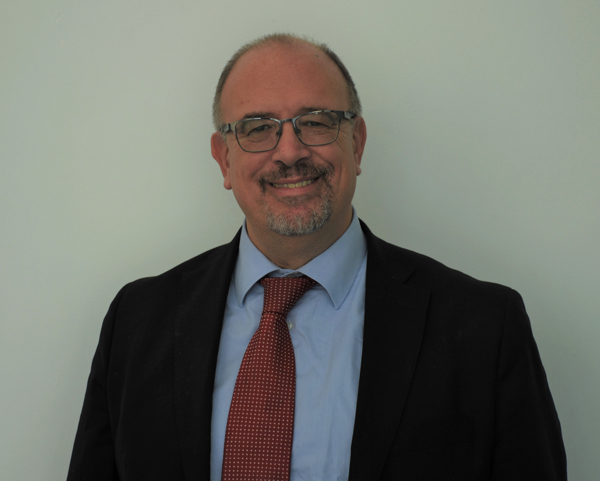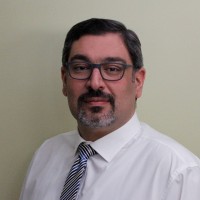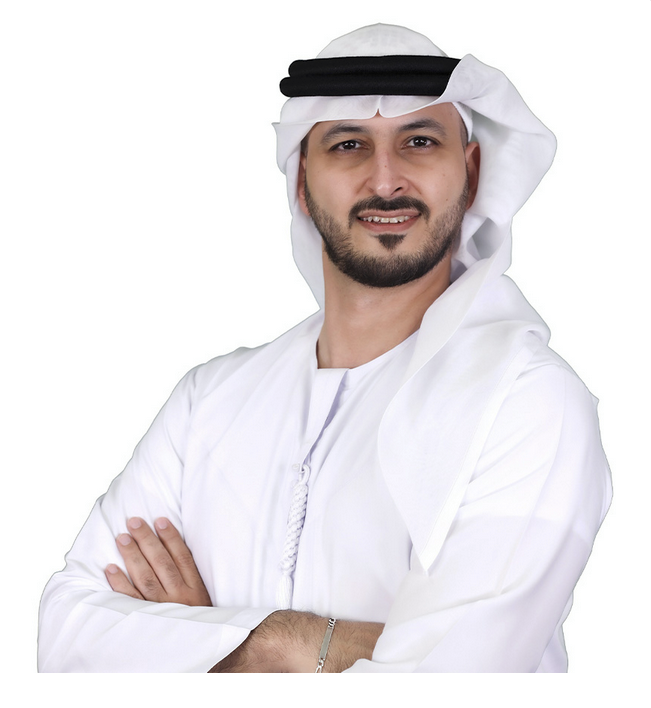

Moderator:
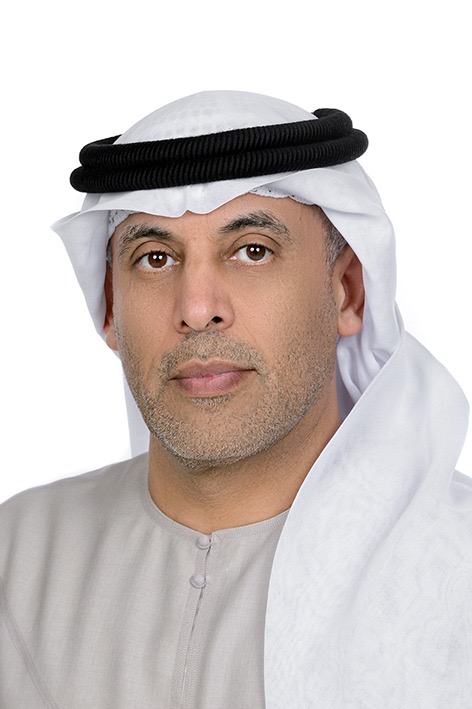
Abstract: The transition from 5G to 6G represents a monumental shift in the telecommunications landscape, promising to revolutionize connectivity with unprecedented speeds, ultra-low latency, and enhanced user experiences. As the global community advances towards this next generation of wireless technology, regulatory frameworks must evolve to support and facilitate these innovations. The panel titled "From 5G to 6G: Regulatory Milestones and Future Pathways towards 6G Standardization" aims to address the critical role of spectrum regulation in this transformative journey.
The UAE has been at the forefront of technological advancements in telecommunications, with significant investments in 5G infrastructure and a proactive approach to spectrum management. As we look towards the future, the successful implementation of 6G will require a strategic alignment of regulatory policies with technological advancements. This panel will explore the key milestones achieved in 5G regulation, the challenges encountered, and the lessons learned that can be applied to 6G standardization.
One of the primary thoughts in this panel is to foster a comprehensive understanding of the regulatory landscape necessary for 6G. This includes discussing spectrum allocation strategies, addressing potential regulatory hurdles, and exploring the integration of emerging technologies such as AI and quantum computing. By bringing together experts from industry, academia, and regulatory bodies, the panel will provide a platform for in-depth discussions on creating a harmonized and forward-thinking regulatory framework.
Moreover, the panel will delve into the societal and economic implications of 6G, emphasizing the need for regulations that promote innovation while ensuring security, privacy, and sustainability. In essence, this panel seeks to chart a clear path forward, ensuring that the UAE remains a global leader in telecommunications and sets a benchmark for regulatory excellence in the era of 6G.
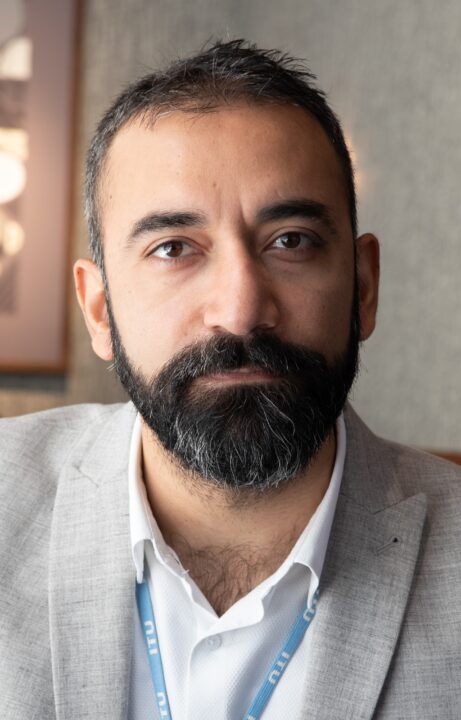
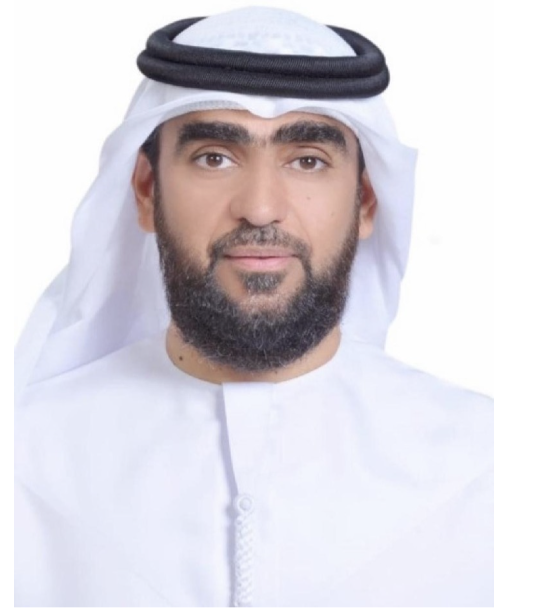
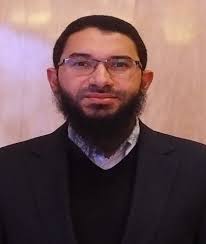
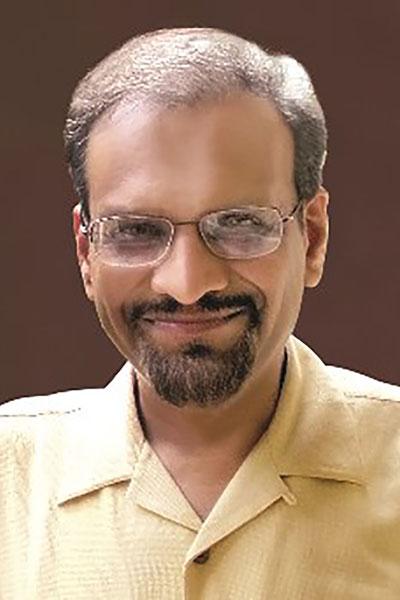
Moderator:
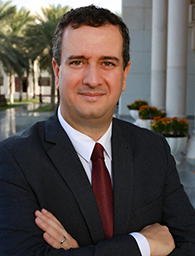
Abstract: This panel is timely providing a platform for experts from the industry to discuss how AI, LLMs, and semantic communications can be harnessed to redefine the architecture of future networks. It will allow for the exploration of challenges, opportunities, and the future landscape of communication networks, offering valuable insights into achieving better network efficiency and user experience. The foundation of this topic is based on the difficulties associated with traditional communication systems, which frequently require the transfer of extensive amounts of potentially redundant data. By leveraging AI and LLMs, semantic communications can streamline this process, enhancing the relevance and efficiency of data transmission. Moreover, the increasing complexity of cyber threats requires more intelligent and adaptive security measures. AI-driven approaches can enhance the detection, analysis, and mitigation of these threats, thus improving the resilience of communication networks. Additionally, as user expectations for personalized and context-aware services continue to rise, integrating AI and semantic communications can significantly enhance the customization and responsiveness of network services.
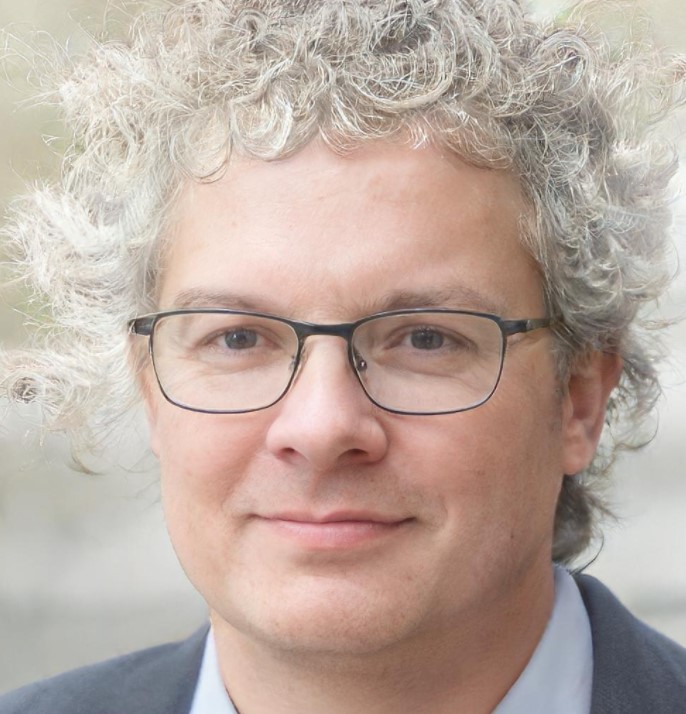
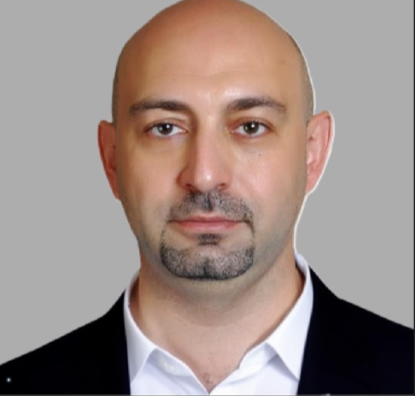


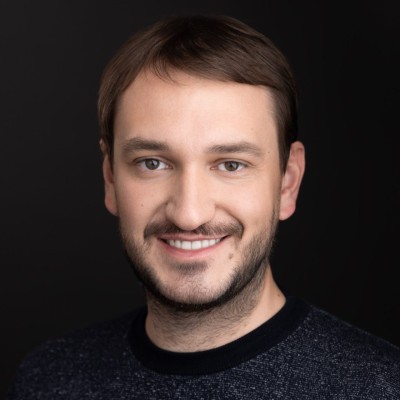
Moderator:
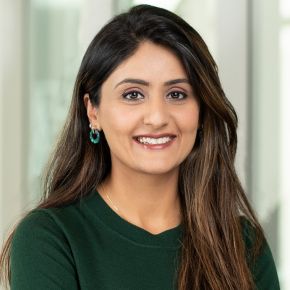
Abstract: The recently adopted IMT-2030 framework by ITU-R envisions 6G networks to integrate communication, sensing, computation, and localization functionalities with native artificial intelligence (AI) to enable extremely immersive user experience, multisensory XR applications, industry 4.0, smart manufacturing and smart cities. Important technological trends being explored in this context include integrated sensing and communication, reconfigurable intelligent and holographic surfaces (RIS/RHS), THz and FSO based connectivity, dynamic spectrum sharing, connect-and-compute network infrastructure and mobile edge computing. Data and information, AI, and machine learning (ML) have emerged as key enablers to optimize these emerging paradigms and enable mobile connected intelligence.
In line with the ongoing discussions and efforts to develop networks that integrate multiple functionalities, this panel will discuss the status of research and standardization on the integration and management of emerging technological trends including integrated AI and communication; integrated sensing, communication, computing and control; smart radio environments enabled by RISs and holographic radios; and hybrid RF/THz/FSO based connectivity. The challenges that emerge on the road to build multi-functional 6G networks, such as spectrum and hardware reuse of the systems, network security and privacy issues, wireless backhaul management, next generation multiple access, waveform/precoder/receiver design and more, will also be discussed by this panel. The panel thus provides a timely opportunity to discuss the integration of multiple functionalities on the same hardware, spectrum, waveform and wireless resources, in an intelligent and self-optimizing framework in the next generation of mobile communication systems.
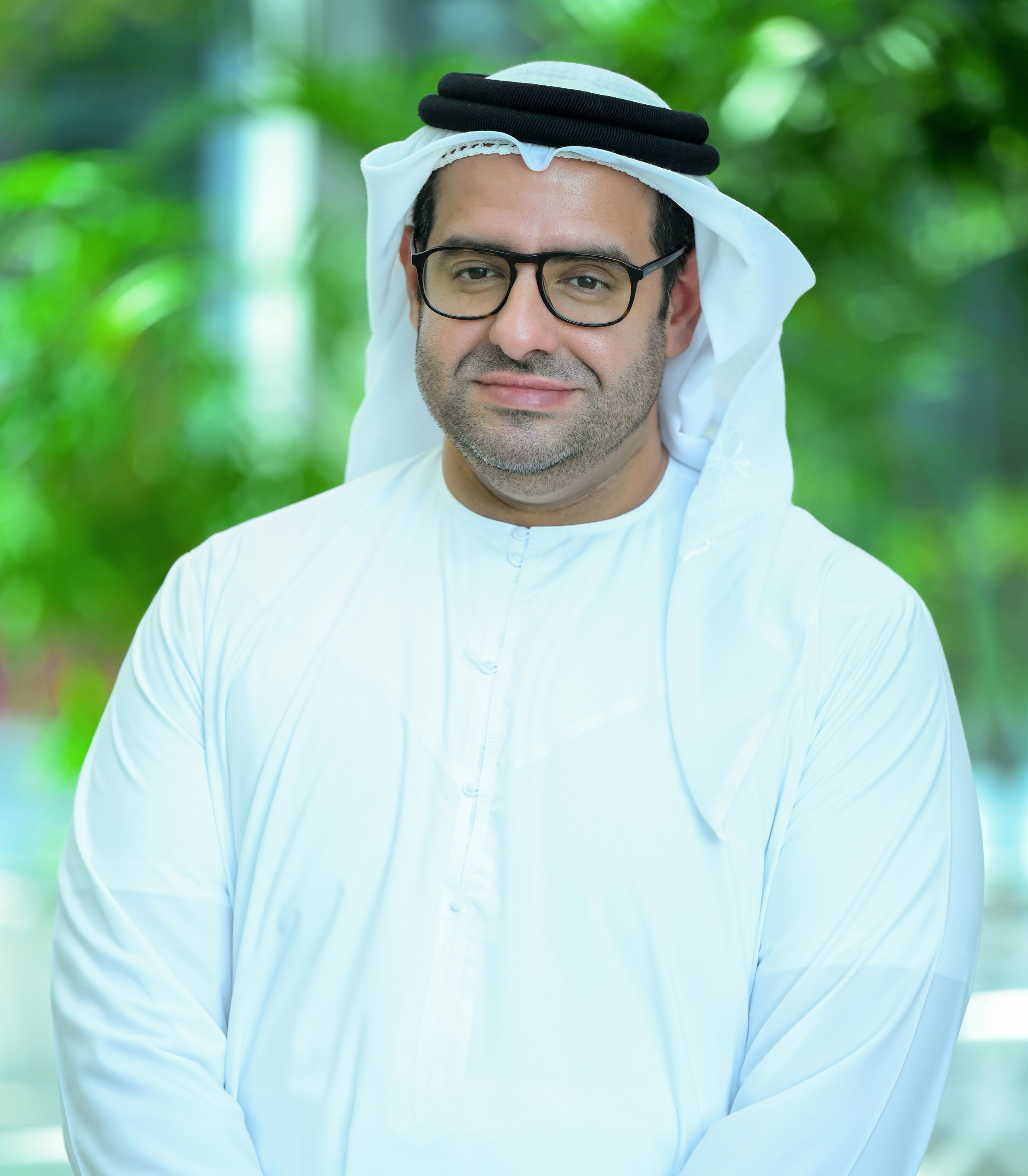

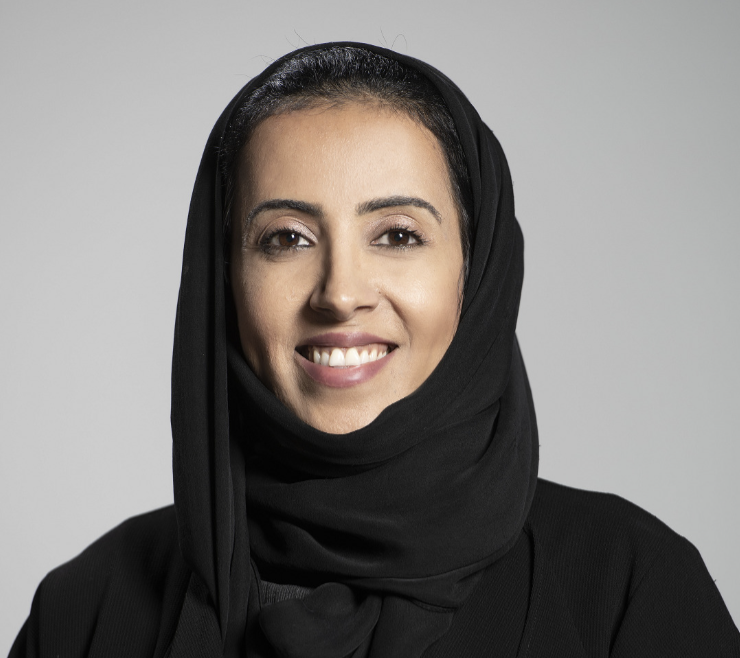

Moderator:

Abstract: In this panel, we aim to delve into the complexities of securing our current and future digital landscapes against increasingly sophisticated cyber threats. The panel will bring together a team of experts from the fields of Artificial Intelligence (AI), network technology, and cybersecurity. Together, they will discuss the evolving network security landscape, focusing on the unique attack vectors associated with 5G and IoT technologies, and the role of AI in identifying and neutralizing these threats. A significant portion of the discussion will be dedicated to the potential of large language models (LLMs) in proactive threat detection and mitigation. These AI models, capable of learning from vast datasets of security incidents, can detect patterns and predict possible threats. This contributes to the development of robust defense mechanisms against evolving cyber threats. The ultimate goal of this panel is to enhance network security and foster resilience in our increasingly interconnected world. By understanding the potential vulnerabilities of 5G and IoT networks, and harnessing the power of AI and LLMs for proactive defense, we can navigate the complexities of the modern cybersecurity landscape. This is a crucial step towards securing our digital future and designing robust security for the upcoming 6G networks. This panel discussion will serve as a platform for sharing insights and strategies that will shape the future of network security as we transition from 5G to 6G.
